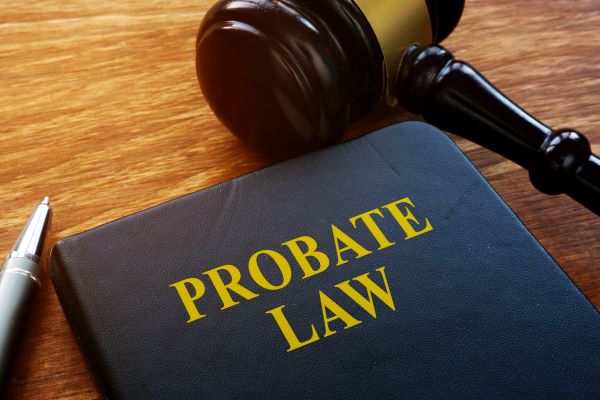
Three Questions to Ask When Choosing a Probate Attorney in Ohio
If you are named as the personal representative for the estate of a family member, friend, or business associate, a skilled probate attorney can help you successfully handle the probate process in Ohio.
You may have been asked to take the role of personal representative by the deceased before their death. You could as easily be the family member nominated to work through settling the estate of a parent or sibling. In either case, it is important to know that legal support is readily available to answer questions, provide guidance, or manage administrative tasks for you.
Do you Need a Probate Attorney?
Probate is the process of opening a legal proceeding to gain the authority to investigate, manage, and distribute the assets and property of someone who has passed away in Ohio. When these responsibilities are concluded, the personal representative, or executor, pays appropriate taxes and obtains the legal authority to close the estate when all matters have been settled.
You are not required to hire a probate attorney and whether you do depends largely on your comfort with handling detailed legal, financial, and administrative matters. For a large estate with assets, real property, creditors, and multiple beneficiaries, retaining a probate attorney provides the representation and legal advice you will need going forward to meet your fiduciary duties required by the Probate Court.
When choosing a probate attorney, consider these factors:
- What about experience? Attorneys who practice in the arena of estate and probate law are well-qualified to provide guidance or handle the administration of an estate. The natural conclusion of an effective estate plan is the probate process. During that time, some of the assets of the estate will go through probate, while others are non-probate (such as those held by trusts, transfer on death, and/or with a co-owner) that will pass to beneficiaries. When you are choosing an attorney to assist you with estate administration in Ohio, be sure to work with a law firm or attorney with specific, successful experience with the probate process and the laws in Ohio.
- How do you find a probate attorney in Southern Ohio? Before you file the matter in probate court, speak with several experienced probate and estate attorneys. Oftentimes the law firm or attorney who prepared the estate plan is a good starting point. Ask for references from business associates or other attorneys you know who may not practice in the area of estate law.
- What is their fee structure? During your meeting with the attorneys who make your short list, be sure to discuss the estate, their availability, and their expectation of legal fees. The fees will be paid by the estate. While some attorneys may request a percentage of the value of the estate, others charge an hourly rate. The hourly rate may be a better choice if you are planning to work with an attorney on an as-needed basis during the administration of the estate.
Carrying out the last wishes of a loved one can be a challenging but rewarding experience. When you need knowledgeable support filing a probate action and carrying out the duties of a personal representative in Ohio, be sure to seek experienced legal advice.
Knowledgeable Probate Attorneys Serving Chillicothe and Waverly
Serving clients in Ross and Pike counties for more than 25 years, the law firm of Seif & McNamee, LLC provides skilled guidance to clients and families working through the probate process in Ohio. Contact us or call 740.835.4882 today.



